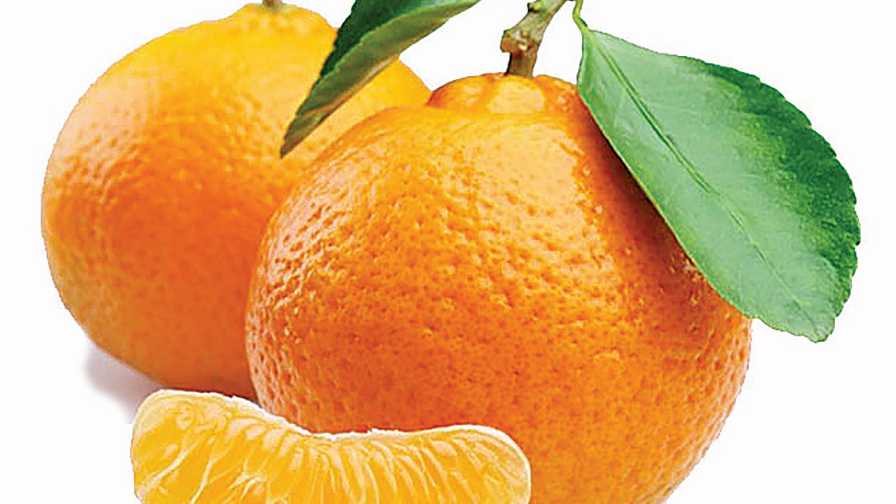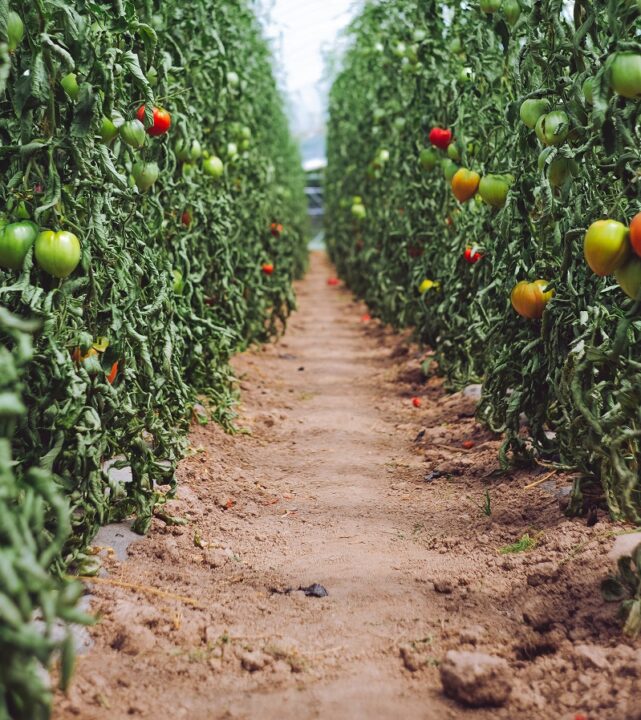‘Mandalate’ Mandarin Gaining Attention of More Growers

The ‘Mandalate’ mandarin boasts a bold flavor profile, holding acid even in Florida conditions. Photo courtesy of Sorrento Giardini
Though Florida specialty growers have long targeted the early season market window, later-season options remain important for packinghouses and sales companies needing well-rounded variety portfolios. Few varieties are available to fill the market windows occupied in years past by ‘Temples’ and Honey tangerines.
Notwithstanding the fact the heavyweight West Coast brands have saturated the January to May market, there remains a need for a specialty variety that presents a somewhat different option than the mass-production, cookie-cutter mandarins. Anything that is to gain traction at retail in the “second season” must have unique traits and offer a point of differentiation.
New Varieties Development & Management Corp. (NVDMC) inked an agreement with Future Fruit in 2010 to trial ‘Mandalate,’ a seedless Mediterranean (Sicilian) triploid mandarin. Budwood was imported into Department of Plant Industry (DPI), and trees were planted in Orange and Indian River counties in 2013.
Time Will Tell
Obviously, Florida presents quite a climatic shift from this variety’s homeland. As with any Mediterranean variety, time will determine its viability. Horticultural performance and fruit can be quite different in the subtropics. It is not unusual for the fruit characteristics and growth habits to be substantially different.
The parentage of ‘Willow Leaf’ and ‘Avana’ mandarin in ‘Mandalate’ was of interest, flowing from early reports that ‘Willow Leaf’ crosses were showing increased tolerance to HLB. The jury is still out on ‘Willow Leaf’ crosses and increased tolerance, but ‘Mandalate’ is doing well.
The Orange County trees were lost when Conserv II farm closed. However, the Indian River County trial is ongoing. Trees are showing strong performance in the field, maintaining thick, green canopies and bearing commercially acceptable crops. ‘Mandalate’ has registered strong horticultural performance despite all of the trees being on ‘Cleo’ rootstock (which have struggled with HLB). ‘Mandalate’ tends to take four years to come into commercial production in California, but decent fruit-set was observed in years two and three in Florida. Trees set heavier earlier in the Indian River trial.
Details of the ‘Mandalate’ (in California conditions)
| Fruit Size | Medium to Large |
| Easy Peeler? | Yes |
| Seedless? | Yes |
| Tree Size | On the small side |
| Thorns | No |
| Fruit Characteristics | Good holding capacity. Fruit bears inside the canopy. Tree requires sunscreen sprays in California. Fruit acid remains high through to maturity, even in subtropical conditions. Coastal production drives acid down a little more. Typical acid is 1.2. Excellent internal and external color. Aroma of a traditional Mediterranean mandarin. Low rag. |
| Suggested Rootstocks in CA | Later harvest: Carrizo, Swingle, and other trifoliate hybrids. Earlier harvest: Sour Orange, Cleo, and Mac. For Florida, we are interested in seeing performance on US 812, US 942, Carrizo, UFR-5, and UFR-17. |
| Harvesting | All ‘Mandalate’ fruit is clipped in California. We don’t have enough experience with the variety to know whether it can be snap-picked. |
| CA Season | End of February to end of March (Central Valley); Mid-December to end of January (Center State) |
| Fruit Quality | Brix: 14-15; Acid: 1.2-1.4; Juice: 40%-45% |
What’s Different
Perhaps the most interesting aspect of the ‘Mandalate’ is the fact it holds acid even in Florida conditions. The bold flavor stands out in a sea of mild mannered citrus varieties. Consumers notice a somewhat unique appearance, but it is the flavor profile that commands attention.
The primary name for the fruit is ‘Mandalate,’ but it can marketed under other labels, with approval, and if the patent information is displayed on the packaging. Being that ‘Mandalate’ is new to the market, critical mass and consumer awareness are strong considerations. It might not hurt that Mediterranean foods are currently popular in specialty markets.
Phillip Rucks Citrus Nursery is presently increasing budwood and producing more trees for trial and commercial interest. Growers can contact NVDMC ([email protected]) for a grower agreement.










